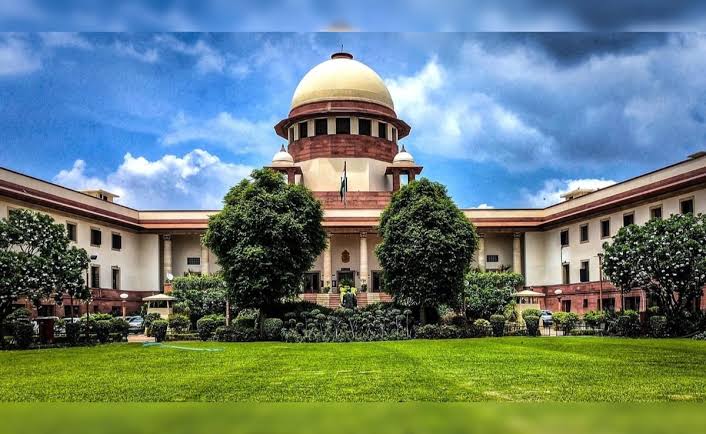New Delhi, May 21, 2025 – In a significant legal and constitutional development, the Central Government informed the Supreme Court that waqf, while rooted in Islamic practice, is not an essential part of Islam and thus not protected under the fundamental right to religious freedom. The submission came during hearings on petitions challenging the constitutional validity of the Waqf (Amendment) Act, 2025.
Solicitor General Tushar Mehta, representing the Centre, clarified that waqf boards discharge secular functions, such as property management and financial administration, and therefore the inclusion of non-Muslims in waqf boards does not violate religious freedom or disrupt religious practices.
The government emphasized that under constitutional scrutiny, only those elements of religion that are deemed “essential practices” warrant protection under Article 25 of the Indian Constitution. Since waqf management concerns secular governance of endowment properties, its composition need not be limited to adherents of Islam.
The hearing, presided over by a bench led by Chief Justice B.R. Gavai, comes amid a wave of legal and political challenges to the revised Waqf Act. Petitioners have questioned not only the validity of the amendment but also alleged that the inclusion of non-Muslims in the administrative structure of waqf boards violates Islamic autonomy.
However, the Centre maintained that the Waqf Act deals with public administration, not theology, and should reflect inclusive, transparent practices. The court is expected to examine whether interim relief is warranted and will continue to hear arguments in the coming days.
The government’s argument—detaching waqf from essential religious practices—could have far-reaching implications for how religious endowments and institutions are governed, not only within the Muslim community but across all faiths.
Centre Tells SC: Waqf Not an Essential Part of Islam; Defends Inclusion of Non-Muslims in Waqf Boards

